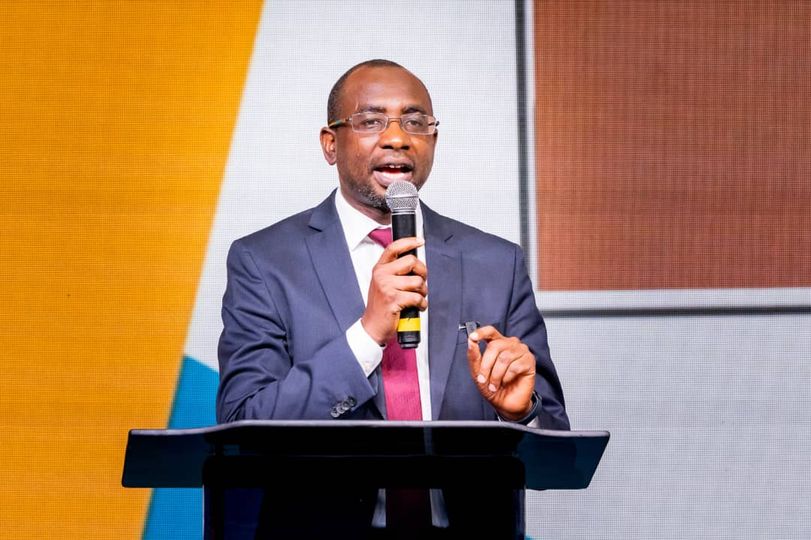National Information Technology Development Agency (NITDA) will develop the “Nigerium” indigenous blockchain to safeguard national security, according to Kashifu Abdullahi, director general, NITDA.
Abdullahi who stated this when he welcomed a delegation from the University of Hertfordshire Law School, in Abuja, said that the ultimate goal is to unite the public and private sectors to develop a domestic blockchain.
This announcement arrives shortly after NITDA’s recent disclosure of its intention to set up research centers dedicated to blockchain and other cutting-edge technologies across Nigeria’s six geopolitical zones.
Blockchain technology is an advanced database mechanism that allows transparent information sharing within a business network.
Following the Nigerian government’s approval of a national blockchain policy in 2023, which established a legal framework for blockchain adoption within the country, there is now a proposal advocating for the development of a domestically engineered blockchain platform.
It is noteworthy that Nigeria introduced the eNaira, its digital currency, in 2021, utilizing a private blockchain based on Hyperledger Fabric. Despite concerted efforts and partnerships to promote the eNaira, the digital currency has faced challenges in gaining widespread acceptance.
The delegation from the University of Hertfordshire Law School, led by Chanu Kuppuswamy, underscored the significance of Nigeria developing its own blockchain technology. They argued that an indigenous blockchain would ensure that Nigerian data and personal information remain under local control, rather than being managed by international co-developers who may not prioritize Nigeria’s interests.
According to Kuppuswamy, reliance on established blockchain platforms such as Ethereum places Nigeria at the discretion of international developers who do not operate under Nigerian law.
The delegation thus suggests the creation of a Nigerian-specific blockchain, enabling the country to retain autonomy over its digital infrastructure. This approach would necessitate proactive measures to prevent potential issues, ensuring the security and sovereignty of Nigerian data.
The delegation also proposed the establishment of a “data embassy” for Nigeria—a server situated in a foreign country dedicated to backing up and safeguarding Nigerian data. This measure is deemed essential for maintaining digital continuity, as data is susceptible to various threats, including cyber-attacks, natural disasters, and other risks. The data embassy would operate under Nigerian legislation, with the host nation collaborating to guarantee the security and governance of the data.
Furthermore, the delegation underscored the importance of collaborative efforts among government departments to integrate blockchain services and enable interagency dependency.
Despite Nigeria’s strides in blockchain technology, the government has enacted rigorous regulations on the cryptocurrency sector, which have impacted service providers.
he government’s ongoing legal issues with Binance over currency concerns and KuCoin’s recent implementation of a 7.5% VAT on cryptocurrency transactions on its platform are indicative of the challenging regulatory climate.
Concurrently, Ghana is advancing towards becoming the first government in Africa to fully embrace blockchain technology, with plans to digitize government services and secure government data against unauthorized alterations.
![]()






























































